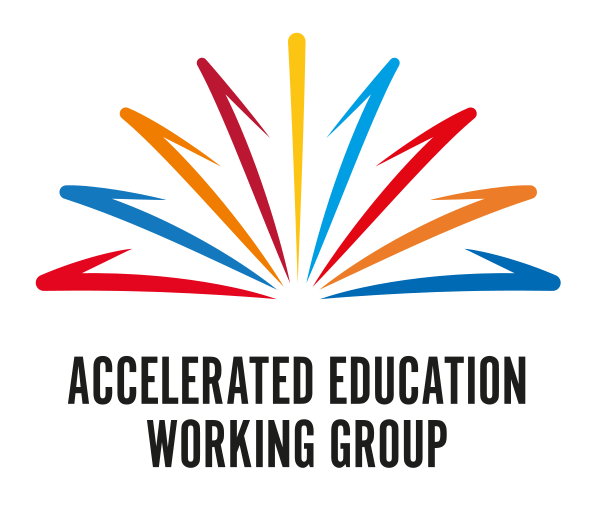The research component of ACCESS has stopped following termination of funding. See here for more information.
About ACCESS
Out of the 258 million children and youth out-of-school, approximately 60% of them have no viable, immediate pathway back into formal education.
Accelerated Education Programmes (AEPs) provide learners with equivalent, certified competencies for basic education using effective teaching and learning approaches that match their level of cognitive maturity.
Prior to COVID-19, the most recent analysis from UNESCO-UIS signalled that globally there were approximately 258 million children and youth who are out of school (referred to as OOSCY). Sizeable proportions of these learners (approximately 60%) will either never enter into formal education or drop out early.
This is because as children and youth grow older, available pathways for them to access formal education are increasingly restricted by age limitations and the required time to complete a full course of basic education. Yet, without alternative pathways back into education, they are likely to face ‘extreme education poverty’, typified by having completed less than two years of formal schooling, by the time they turn 18.
In 2015 the UNHCR established the Accelerated Education Working Group (AEWG) in collaboration with UNICEF, UNESCO, USAID, NRC, Plan, IRC, Save the Children, Education Development Centre, War Child Holland, and DG ECHO. The aim of the AEWG is to improve the quality of AEPs by developing guidance and tools to ensure accelerated education is a relevant response and to support a more harmonised approach to accelerated education.
AEPs target out of school children and youth (10-18 years old) and provide them access to flexible certified education opportunities which are linked to the national curriculum of the country they are from or live in.
ACCESS: Accelerating Change for Children’s and Youths’ Education through Systems Strengthening, is a collaborative research-practice partnership in support of the AEWG’s ambition of ensuring these programmes are sustainably embedded within national education systems. This 44-month research project is implemented in cooperation with the AEWG, the University of Auckland, and Dubai Cares. Led by Dr. Ritesh Shah of The University of Auckland, a group of six researchers in five countries will lead on the ground research to identify the needs of out of school children and youth, map out where and how AEPs fit into this picture, and leverage on opportunities to further embed such programmes within national education systems. The research is supported by an AEWG task team – with diverse representation from UN bodies, implementers, and funders – who will regularly review and provide feedback on the research approach and outputs generated, to ensure it has maximum utility to the wider priorities of the AEWG.
This research project will be collaborative in its approach, working closely with donors, INGOs, UN agencies, academics, country-based researchers, and national education stakeholders in each context.
Research Stages
Phase One (March 2021-February 2022)
- In-depth examination of the political, social, economic factors shaping learning trajectories and opportunities for OOSCY.
- Understand the availability, accessibility, adaptability, and acceptability of AEPs for various groups of out of school children and youth, and how this might be influenced by wider institutional systems and structures
- Map out the key stakeholders in each context involved in the provision, funding, and regulation of AEPs and other non-formal/alternative education pathways
- Countries of focus: Nigeria, Colombia, Jordan, Pakistan, and Uganda
Phase two (March 2022-October 2022)
- Use participatory action research methodologies to bring together key education stakeholders to agree on a collective, shared concern in relation to AEPs in the country and to advocate for change
- Document the process by which these stakeholders formulate and begin to implement an action plan to remove one or more jointly-agreed key bottlenecks impeding opportunities for AEP learners
- Countries of focus: Colombia, Jordan, Nigeria
Phase three (January 2023-Ongoing)
- The third phase will be the period in which these action plans are operationalised by task team members in Colombia and Nigeria and supported by the ACCESS national coordinators and the AEWG.
- Countries of focus are same as Phase 2: Colombia, Jordan, Nigeria

![INEE Logo Horizontal English, FullColor [web]](https://access-education.auckland.ac.nz/files/2022/07/INEE-Logo-Horizontal-English-FullColor-web.png)
